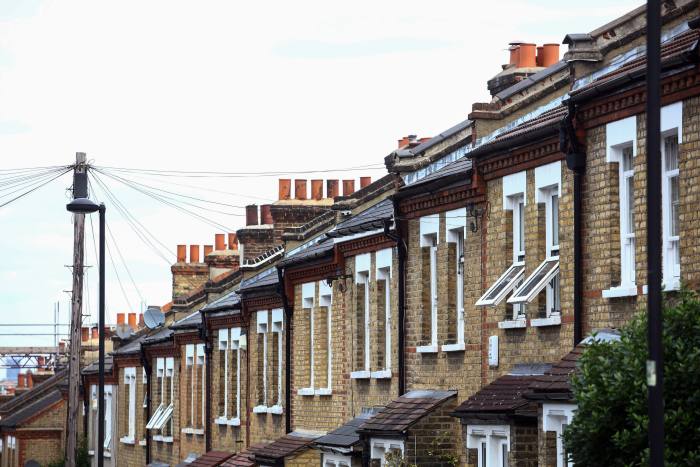
Chancellor Rishi Sunak has confirmed an increase in the residential stamp duty threshold from £125,000 to £500,000.
In his summer statement today (July 8) Mr Sunak announced the increased threshold would apply immediately to all residential property purchases, and run until March 31, 2021.
According to Mr Sunak, this will result in the average stamp duty bill falling by £4,500.
Mr Sunak said: "Nearly 9 out of 10 people buying a main home this year will pay no stamp duty at all".
Taxpayers pay stamp duty when they purchase a property or land over a certain price in England and Northern Ireland.
Commenting on the stamp duty cut, Alex Beavis, Head of Mortgages at Skipton Building Society, said: “Today’s announcement of a six month stamp duty holiday is an incredibly welcome boost for homebuyers across all rungs of the property ladder and will be well received across the housing sector.
"This is great news for people looking to move in the near future, and if this change does as the government intends, by stimulating demand and bringing confidence to the market, it should have a positive impact on maintaining house prices too.
“However, what we don’t want to see is vendors now using this news as an opportunity to immediately increase house prices, on the basis that the buyers have received a tax break, as that will undermine the intent of today’s announcement."
Ben Thompson, deputy CEO of Mortgage Advice Bureau, said: “[We] welcome today’s announcement, as it should bring some new transactions forward and create new home moves more quickly, thereby boosting the economy and jobs".
Earlier this week before the change to stamp duty was confirmed, Richard Donnell, research and insight director at Zoopla, said: “Stamp duty holidays are a tried and trusted way to support housing market activity and provide an additional incentive to move home at times when the economy has been hit.
Mr Donnell added: “The greatest benefit will be found in markets across southern England where there are more homes with average prices closer to £500,000.
“Housing activity has already rebounded strongly since the market reopened and any major change to stamp duty would provide a further boost to demand for housing. The Government would hope that the savings feeds into additional spending in the real economy with more cash spent on home improvements and white goods rather than enabling buyers to spend that bit more on their next home.”
chloe.cheung@ft.com





